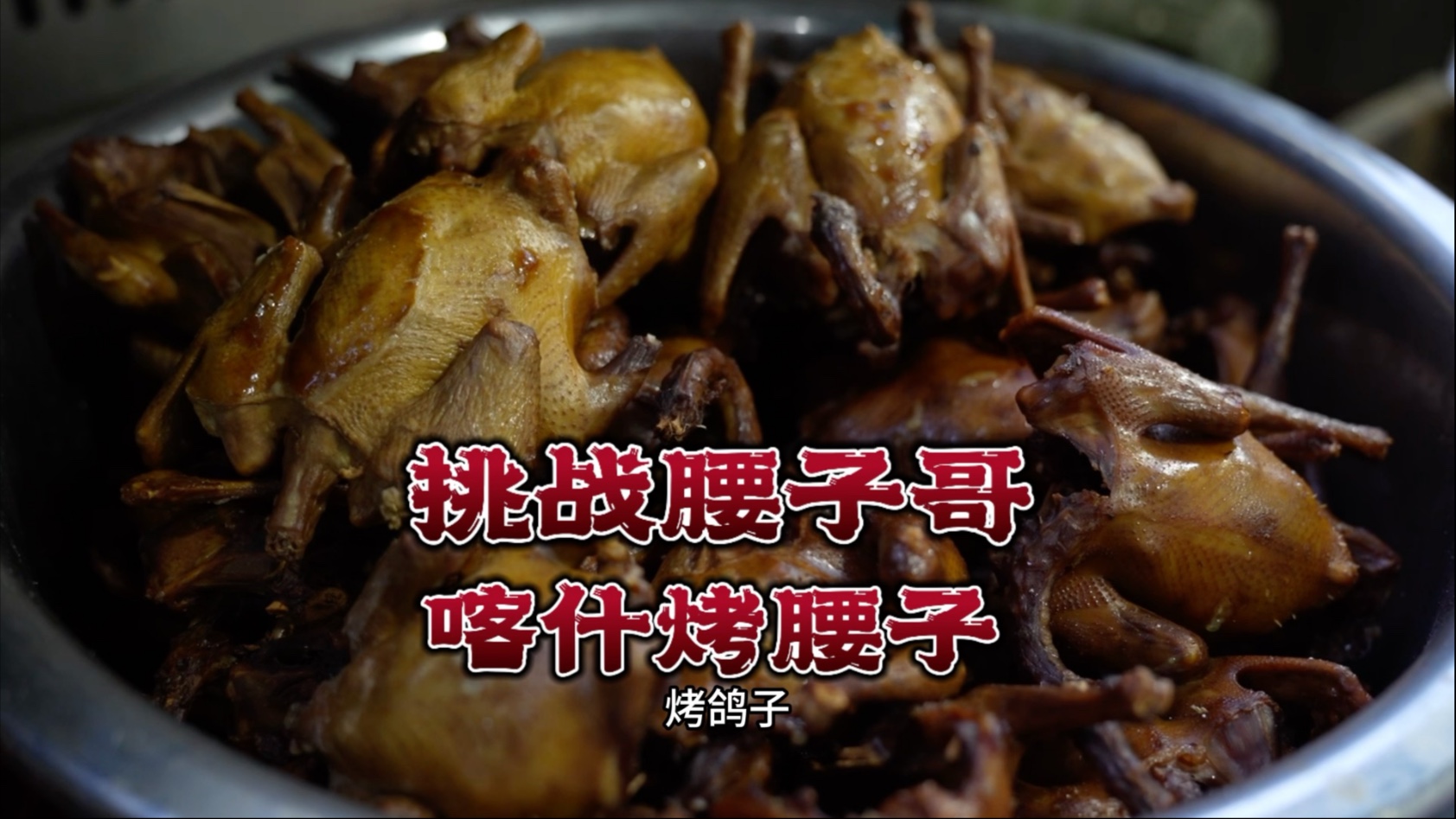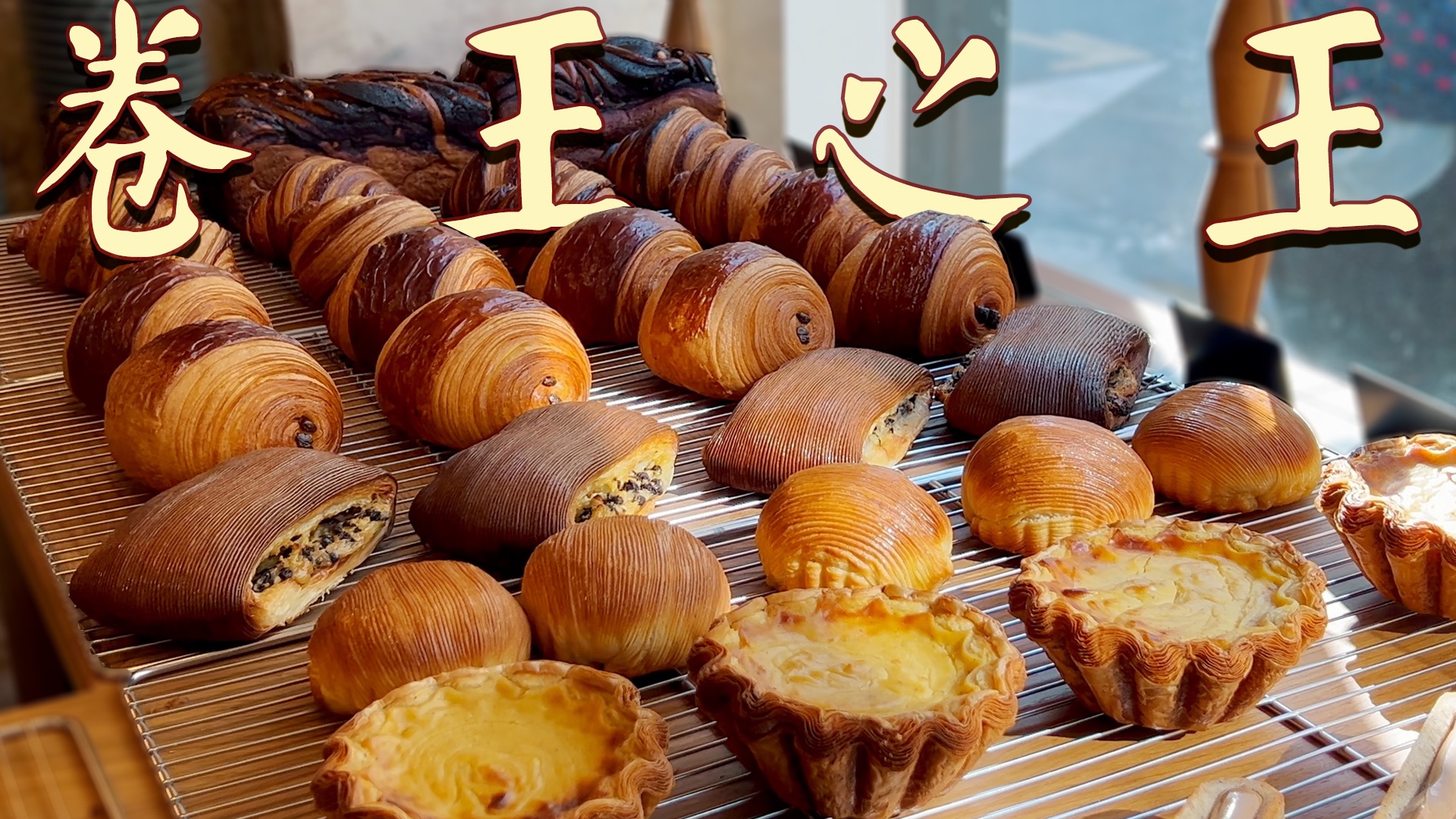
Analyzing the Translation of おまは母に漂う (omaha wa haha ni tadayou)
The Japanese phrase "おまは母に漂う" (omaha wa haha ni tadayou) presents a unique challenge for translation due to its poetic and evocative nature. A literal translation might render it as "Omaha drifts/floats to the mother," but this fails to capture the likely intended meaning and emotional resonance.
The word "omaha" (おまは) is intriguing. While it might seem like a reference to the city of Omaha, Nebraska, it's more probable that this is a proper noun, perhaps a name or a term with specific meaning within a particular context (e.g., a poem, a novel, or a song). Without further context, we can only speculate on its precise meaning.
The phrase "haha ni tadayou" (母に漂う) translates more directly as "drifts/floats to the mother" or "is adrift towards the mother." The verb "tadayou" (漂う) evokes a sense of aimlessness, drifting, or being carried along by a current. This suggests a lack of control and perhaps a sense of longing or yearning.
Possible Interpretations and Translations
Given the ambiguity of "omaha," several interpretations are possible. Here are a few potential translations, each reflecting a slightly different nuance:
- Option 1 (Literal, but potentially misleading): Omaha drifts to the mother.
- Option 2 (Focusing on the feeling): A sense of longing for the mother permeates [the subject/situation].
- Option 3 (More poetic): [Subject/Name] is carried on a current towards the mother's embrace.
- Option 4 (If "omaha" refers to a memory): Memories drift towards the mother's image.
The best translation will ultimately depend on the specific context in which the phrase is used. To provide a truly accurate translation, we need more information about the source material.
Cultural Context
Understanding the cultural context is crucial for a nuanced translation. Japanese culture often places a strong emphasis on familial relationships, particularly the bond between mother and child. The imagery of drifting towards the mother could symbolize a return to innocence, a search for comfort, or a yearning for maternal love and protection.
Further research into the original source of this phrase, whether it's a literary work, a song, or a personal expression, would significantly enhance our understanding and allow for a more precise and meaningful translation.
Conclusion
Translating "omaha wa haha ni tadayou" requires careful consideration of the context and potential meanings of the ambiguous term "omaha." While several interpretations are possible, the underlying theme of drifting towards the mother suggests a powerful emotional connection and a sense of yearning or longing. A truly accurate translation can only be achieved with a deeper understanding of the source material and its intended message.


















